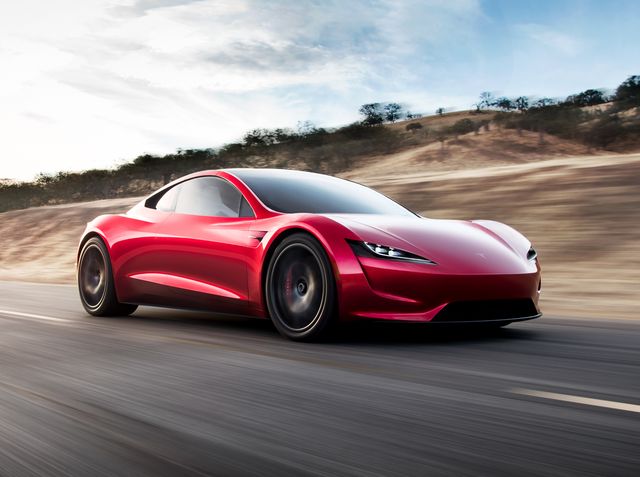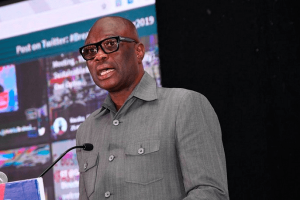Tesla sales will grow by more than 50% in 2022 compared with last year despite supply chain problems, chief executive Elon Musk has said.
The electric carmaker reported a record $5.5bn (£4bn) profit last year.
Sales at the firm rocketed 71% to $53.8bn in 2021, as it delivered more than 936,000 vehicles to customers.
But the firm warned growth would slow, as supply chain issues affecting carmakers continue to limit its manufacturing capacity.
Mr Musk said that 2021 was “a breakthrough year for Tesla, and for electric vehicles in general”.
“While we battled, and everyone did, with supply chain challenges through the year, we managed to grow our volumes by nearly 90% last year,” he said.
The company said its supply chain was “the main limiting factor” to growth, “which is likely to continue through 2022”.
He said he expected growth “comfortably above 50%” in 2022.
Carmakers around the world are grappling with a shortage of microchips, among other production and supply chain snarls, though Tesla had been seen as faring better than most.
It uses chips that are less scarce and quickly re-writes software, while competitors slow production.
‘More factories’
The firm, which started in California, now has factories in China and Texas, with another under construction in Berlin.
The plants are expected to help Tesla dramatically expand its production, even as it faces new competition from established carmakers turning their attention to electric vehicles.
It has the challenge of opening two factories this year with chips and other parts in short supply and new batteries and technologies to be introduced.
But Mr Musk said the firm was looking at building new factories in new locations in the future.
Looking ahead, Mr Musk said he expected fully self-driving cars “will become the most important source of profitability for Tesla”.
“The cars in the fleet essentially becoming self-driving via a software update might end up being the biggest increase in asset value of any asset class in history, we shall see,” Mr Musk added.
He has downplayed concerns that other firms might pose a threat, noting on Twitter that companies like GM have “some room for improvement”.
Dan Ives, analyst at Wedbush Securities, said he thought Tesla would have been able to deliver 10% to 20% more cars in the last three months of the year without the supply issues.
But despite that cloud he said, “these delivery numbers combined with this ‘impressive earnings beat’ speaks to an EV demand trajectory that looks quite robust for Tesla heading into 2022”.






